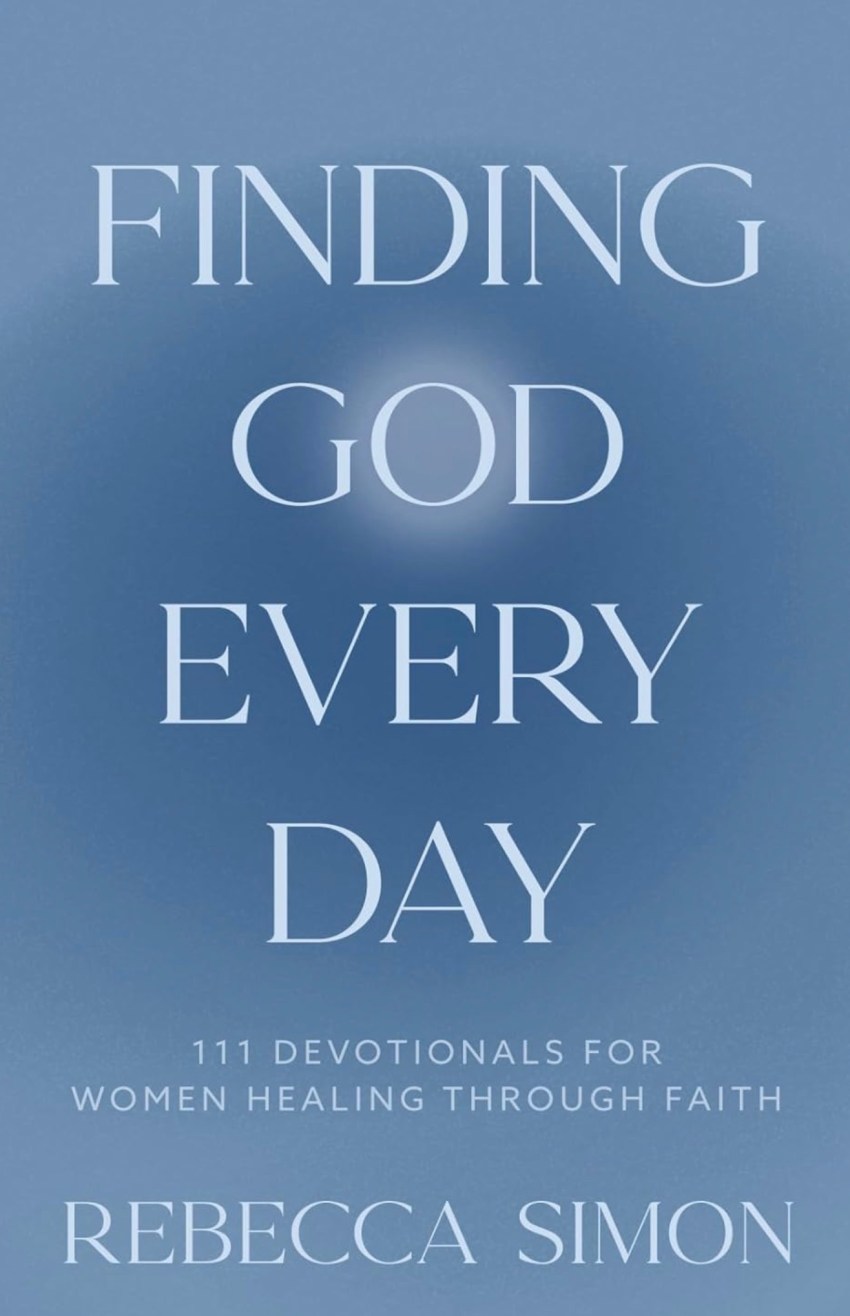
What Loving An Avoidant Man Really Teaches You About Yourself And Your Faith
It isn’t through the words they choose when they want to be seen or known, but rather, it is through the choices they make when they think you will understand anyway.
Avoidance is one of those choices that is subtle, but telling.
When someone pulls back their energy after hurting you, when they disappear instead of repairing what they fractured or broke within your connection, when they retreat into silence instead of taking responsibility for the pain they have caused — they are not “confusing.” They are communicating. Not about how they feel towards you, not about how they see your value, but about their own emotional limits.
Still, it can feel personal. But faith invites you to look closer — what looks like abandonment is often clarity in disguise. What feels like rejection is often God allowing you to witness truth you might have overlooked if their presence had stayed anchored in your life.

Avoidance is a deeply human defense mechanism, but spiritually, it becomes a dividing line. A man who disappears after causing you harm isn’t choosing freedom — he is choosing to remain unhealed. He is choosing the peace of stagnancy over the discomfort of growth. The dark feminine isn’t threatened by that; she simply sees it for what it is. She understands that a relationship rooted in avoidance will never become a relationship rooted in truth. She understands that love cannot thrive in a place where accountability feels like a threat. And she understands that God will never ask her to carry the emotional load someone else refuses to lift themselves.
There is a softness to this realization, but there is also a detachment. Softness in acknowledging that people can only love from the level of their own healing, and detachment in acknowledging that their lack of healing is not your assignment. Faith does not ask you to shrink yourself in order to accommodate someone else’s emotional limits. Faith asks you to trust that when someone reveals their capacity, or lack of it, you are meant to respond with discernment, not desperation. God isn’t in the business of giving you partial love dressed up as potential. He is in the business of revealing exactly who can and cannot go where you are being led.

The dark feminine, when rooted in God, is not vengeful or cold. She is simply unwilling to participate in cycles that wound her spirit. She recognizes that when a man avoids accountability, he is not only walking away from her, but from the version of himself that intimacy was inviting him to grow into. She understands the spiritual weight of partnership and refuses to carry that weight alone. She refuses to translate emotional absence into mystery. She refuses to mistake silence for depth. She refuses to contort herself into someone easier to love.
This kind of clarity doesn’t harden her — it matures her. It teaches her that some endings are not failures, but interventions. It teaches her that sometimes God removes people not because they are bad, but because they are unprepared. It teaches her that love is not proven through proximity, but through consistency, through honesty, and through willingness. And most importantly, it teaches her that her faith and her boundaries are not opposites; they are companions. One anchors her spirit, the other protects her heart.
In the end, avoidance becomes its own confession. Not of her inadequacy, but of their inability to meet her where she is. And while she may grieve what could have been, she no longer romanticizes the version of the story that would have required her to silence her needs in order to keep the peace. She walks forward — not because she is unaffected, but because she knows God never asks her to stay in places that demand that she abandon the woman he is shaping her into.
This is the quiet power of a woman who holds both faith and discernment — she doesn’t fear the truth. She listens to it. She honors it. And she lets it guide her towards the life, and the love, that was always meant to find her.
Rebecca Simon is the editor of the digital magazine God & Man. She is also the author of 111 Devotionals and Let Go, Trust God.











